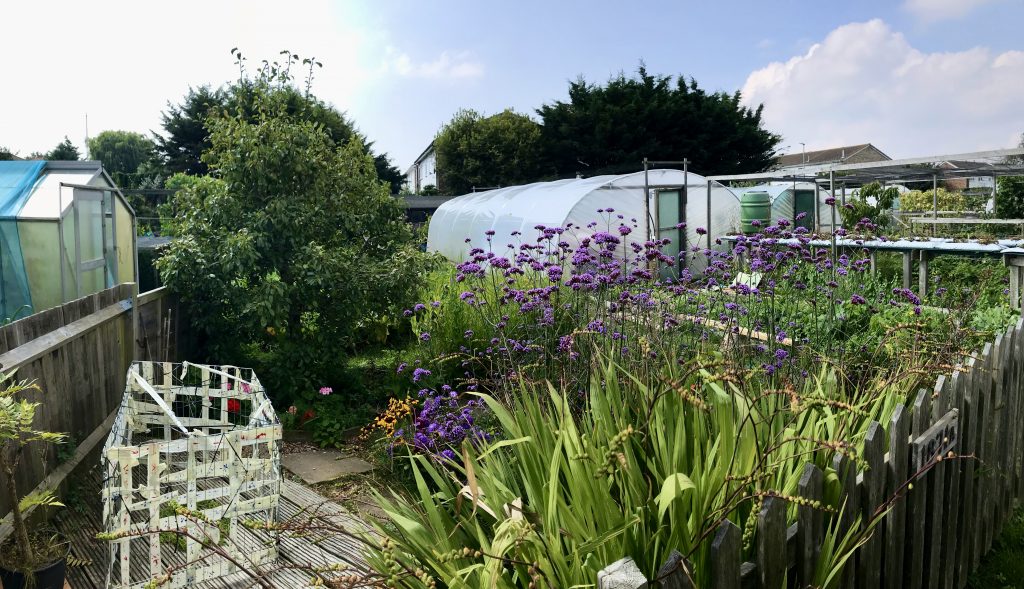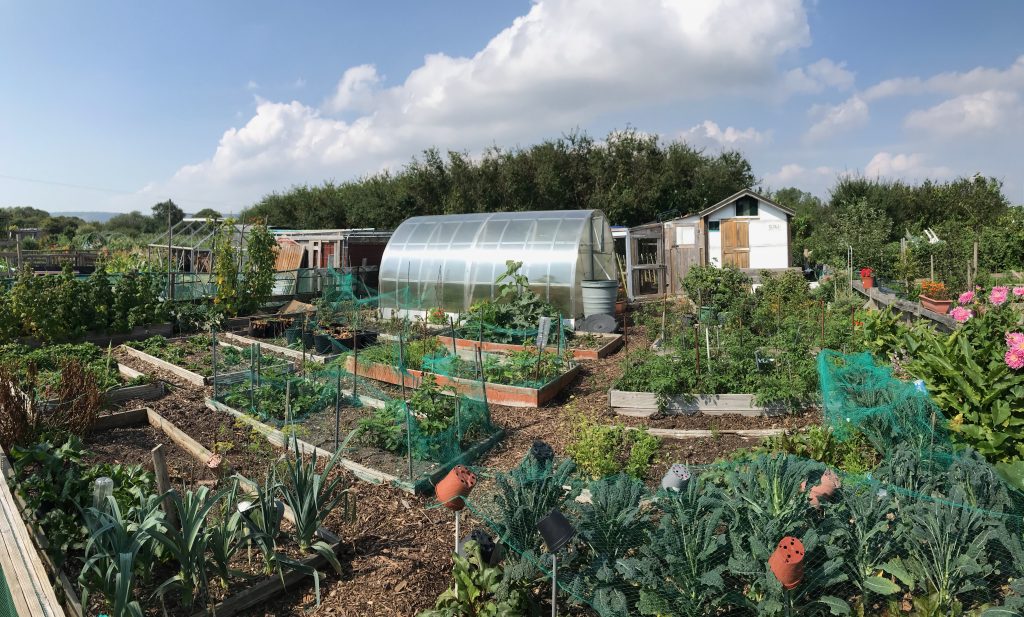We all know that East Sussex County Council hold the future of the Eastbourne bus service in their hands.
A new report indicates that bus usage in the United Kingdom has decreased over the past decade as more people take journeys in their cars. The Annual Bus Statistics Report shows that over half a billion less bus journeys were made per year between 2010 and 2020, a fall of some 11.8 per cent compared to previous decades.
The decline in bus passengers across the country, particularly in England, has caused significant concern among local authorities. In March 2021, the Government announced Bus Back Better, a £3bn fund to help Local Transport Authorities (LTAs) make English bus services more appealing to people who live outside of London.
In June 2021, East Sussex County Council, which is the LTA for Eastbourne, declared the Council would pursue an Enhanced Bus Partnership in partnership with Stagecoach. The Council and Stagecoach must submit a Bus Service Improvement Plan (BSIP) to the Government, who will then choose whether or not to reward the funding to Eastbourne.
Why does Eastbourne need a Bus Service Improvement Plan?

One of the Bus Back Better scheme’s aims is to move England towards net zero carbon emissions by 2050. By stimulating the greater use of buses, the hope is that there will be fewer private car journeys. As a result, traffic congestion will decrease, which in turn will cut down the release of harmful greenhouse gases into the earth’s atmosphere.
The next deadline for all LTAs to submit their proposals is the end of October 2021. East Sussex County Council are required to publish their Bus Service Improvement Plan, which is highly anticipated by many Eastbourne residents.
A large part of the £3bn funding is dedicated to buying zero emission buses. However, East Sussex County Council will only receive funding if their bid is approved. The Government is clear that the funding will be allocated on the basis of the ’overall quality of the BSIP’. If East Sussex County Council submit a poor plan, Eastbourne could receive less funding than expected.
If the bid is successful, what can Eastbourne residents expect to see?

Because the government funding is spread thin across England, it is likely that local bus services will only receive enough money to make a few minor changes. As for spending the money, East Sussex County Council have several possible options. These “leveling up” plans could include the following:
- More frequent buses.
- Bus priority measure to speed up buses (e.g. limiting some road side parking).
- Lower fares.
- More comprehensive coverage by bus services.
- Sections of bus lanes on roads.
What do Eastbourne residents want from a modern bus service?

Between August and September, the Eastbourne Eco Action Network CIC created a survey to find out what Eastbourne actually wanted from a modern bus service. Almost 300 people responded and their thoughts were inspiring. The EEAN’s Bus Survey Report is now available to view. We recommend it highly.
David Everson
EEAN Transport Group





